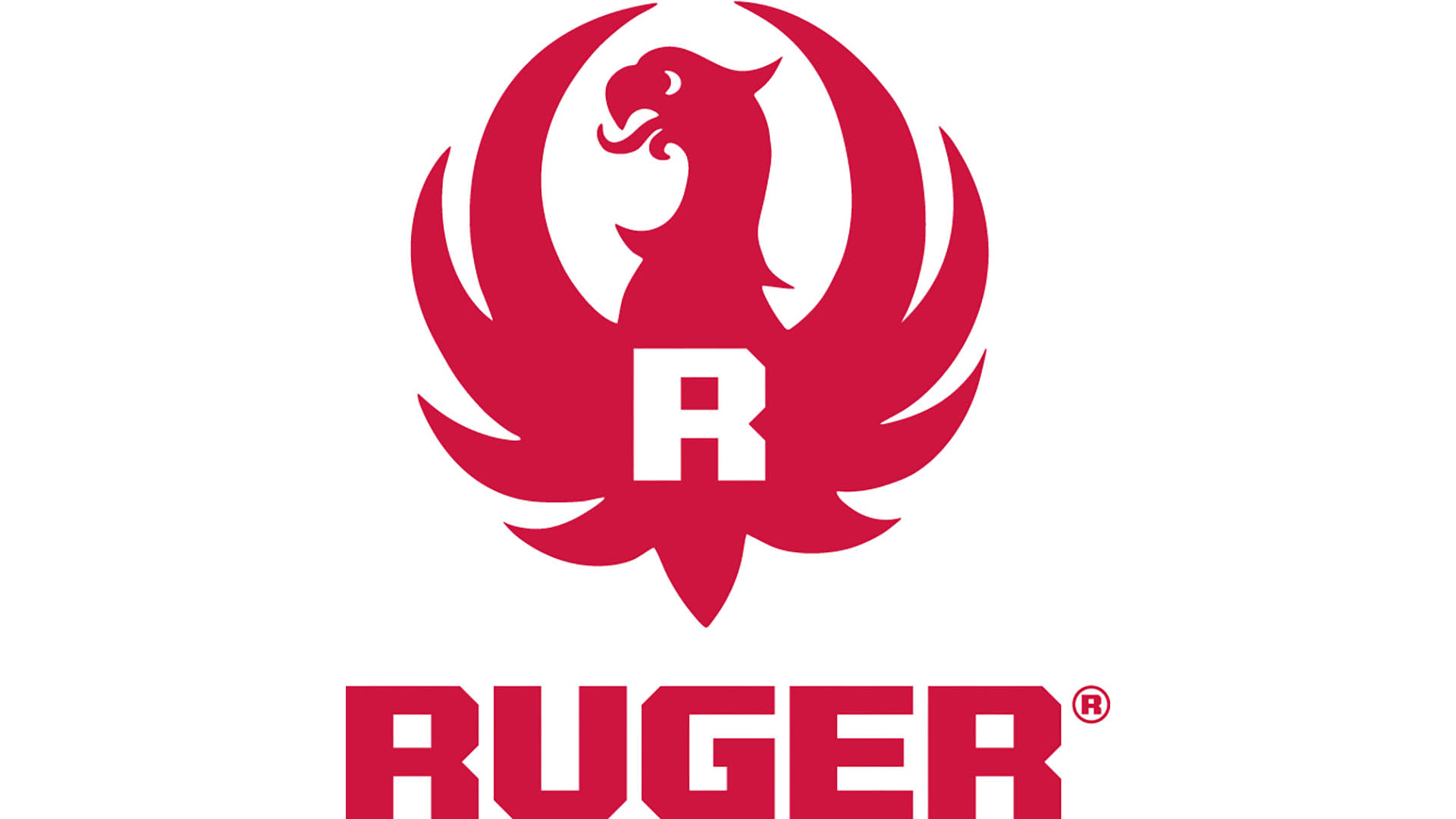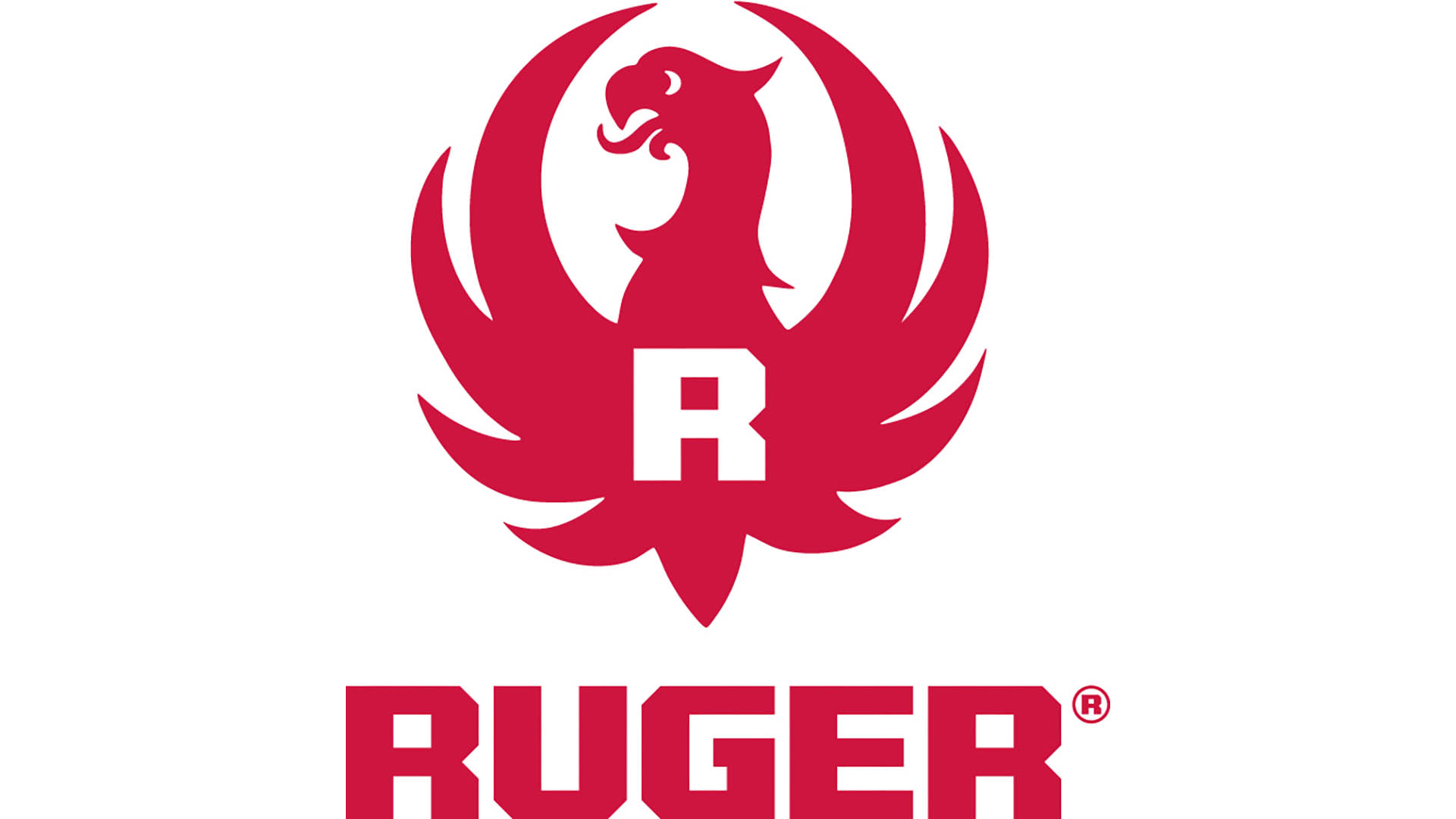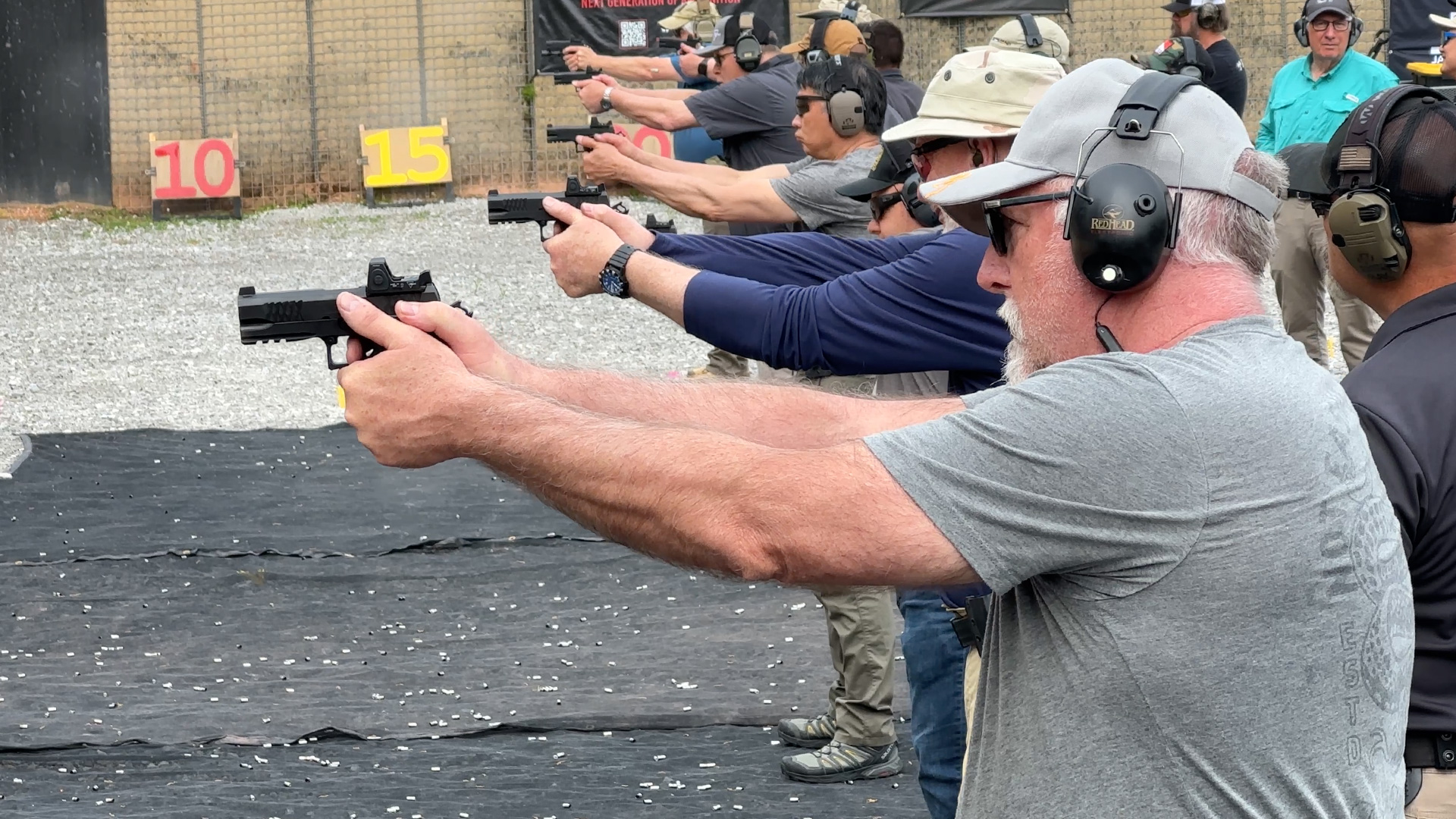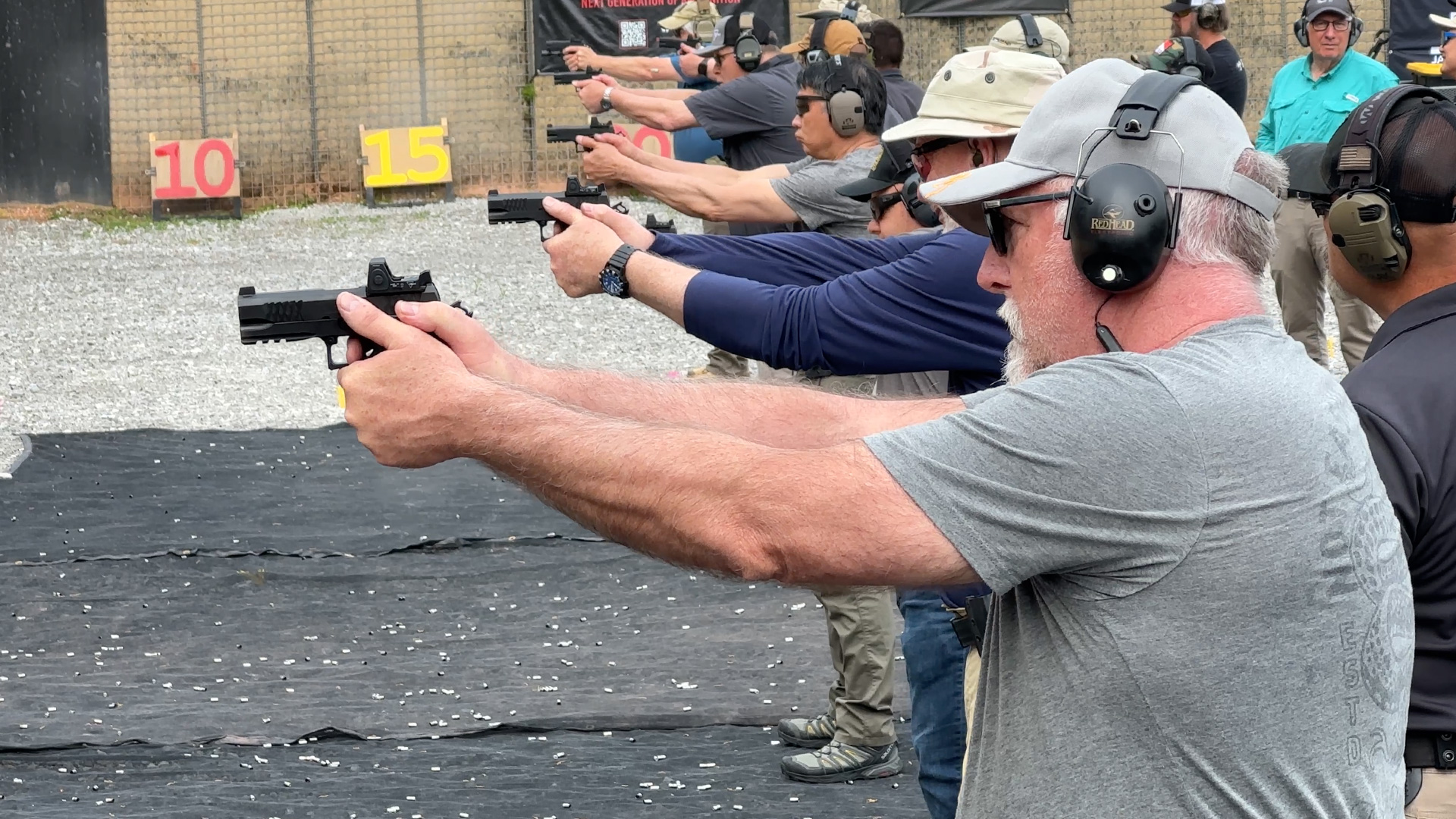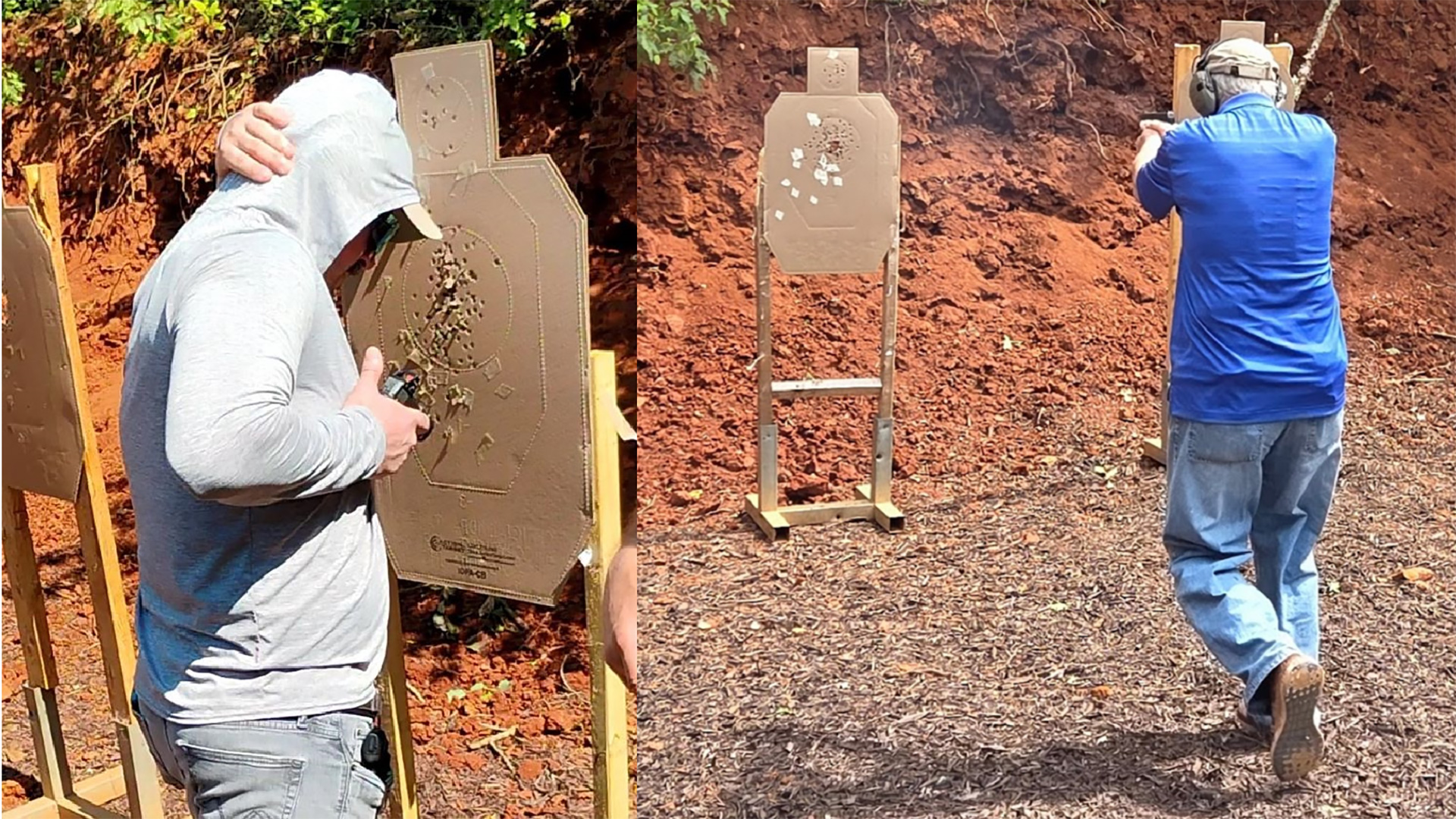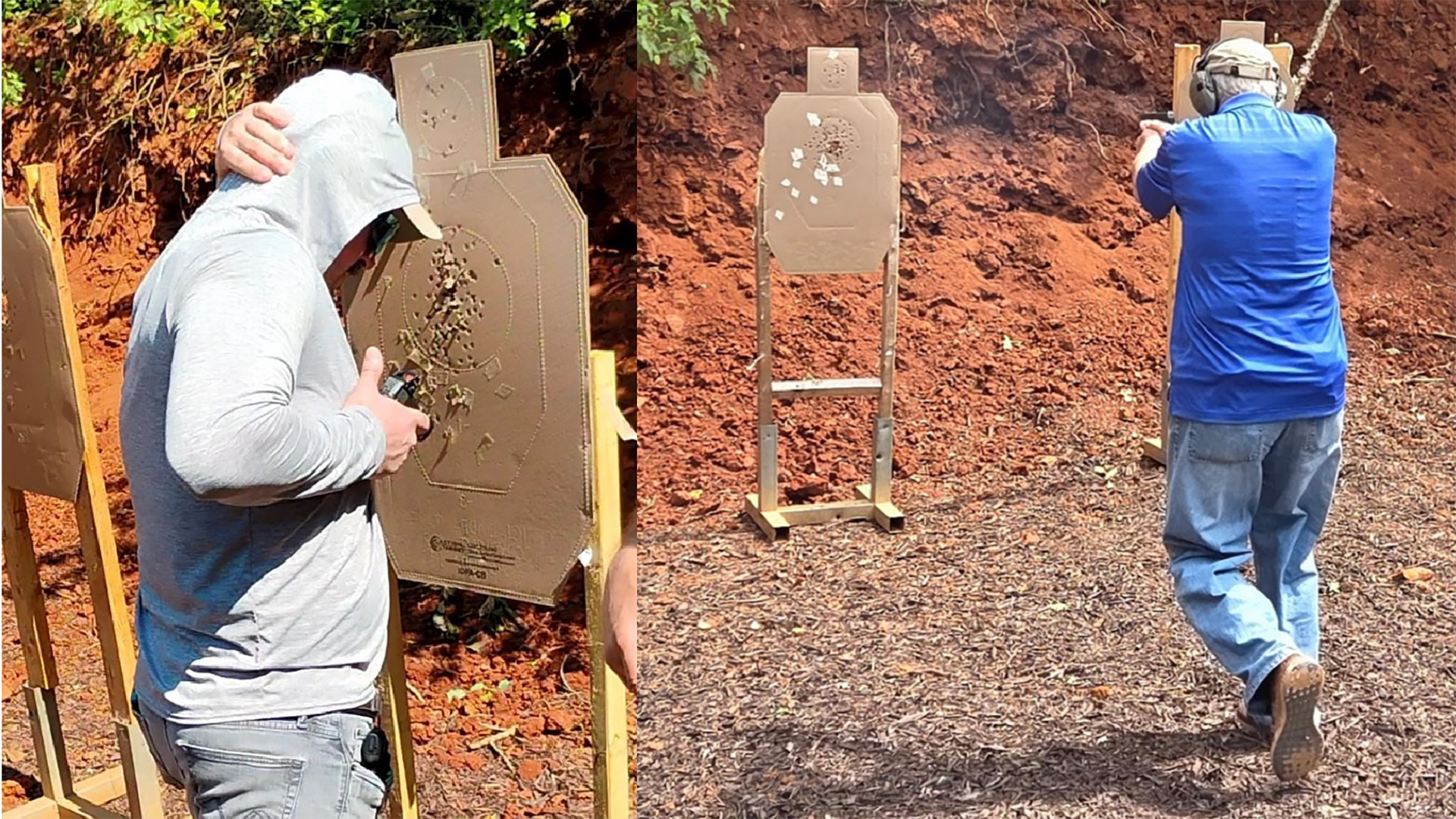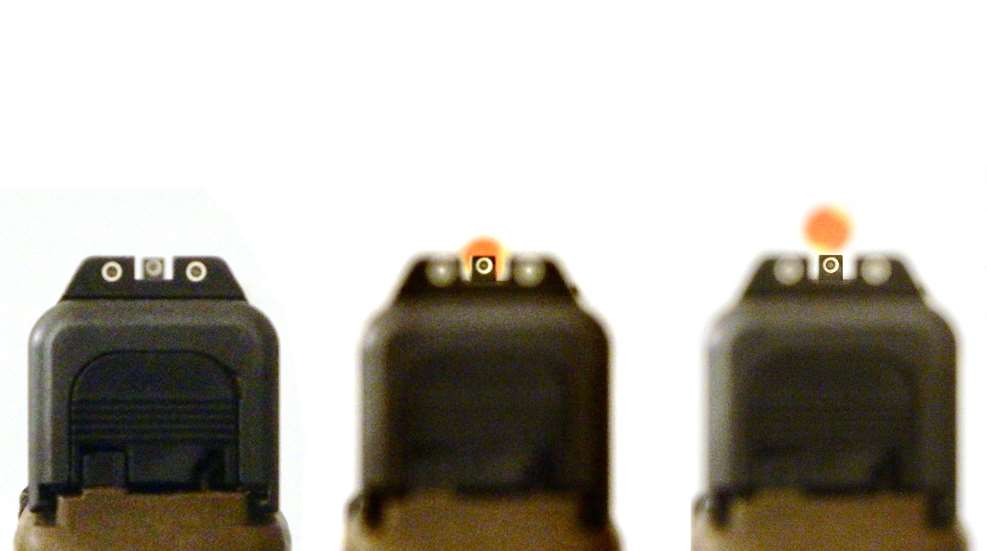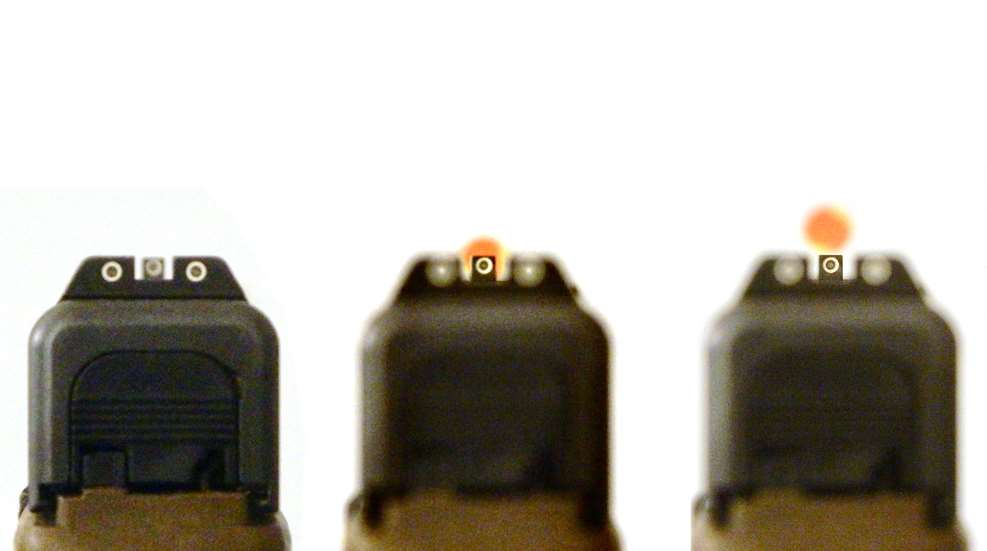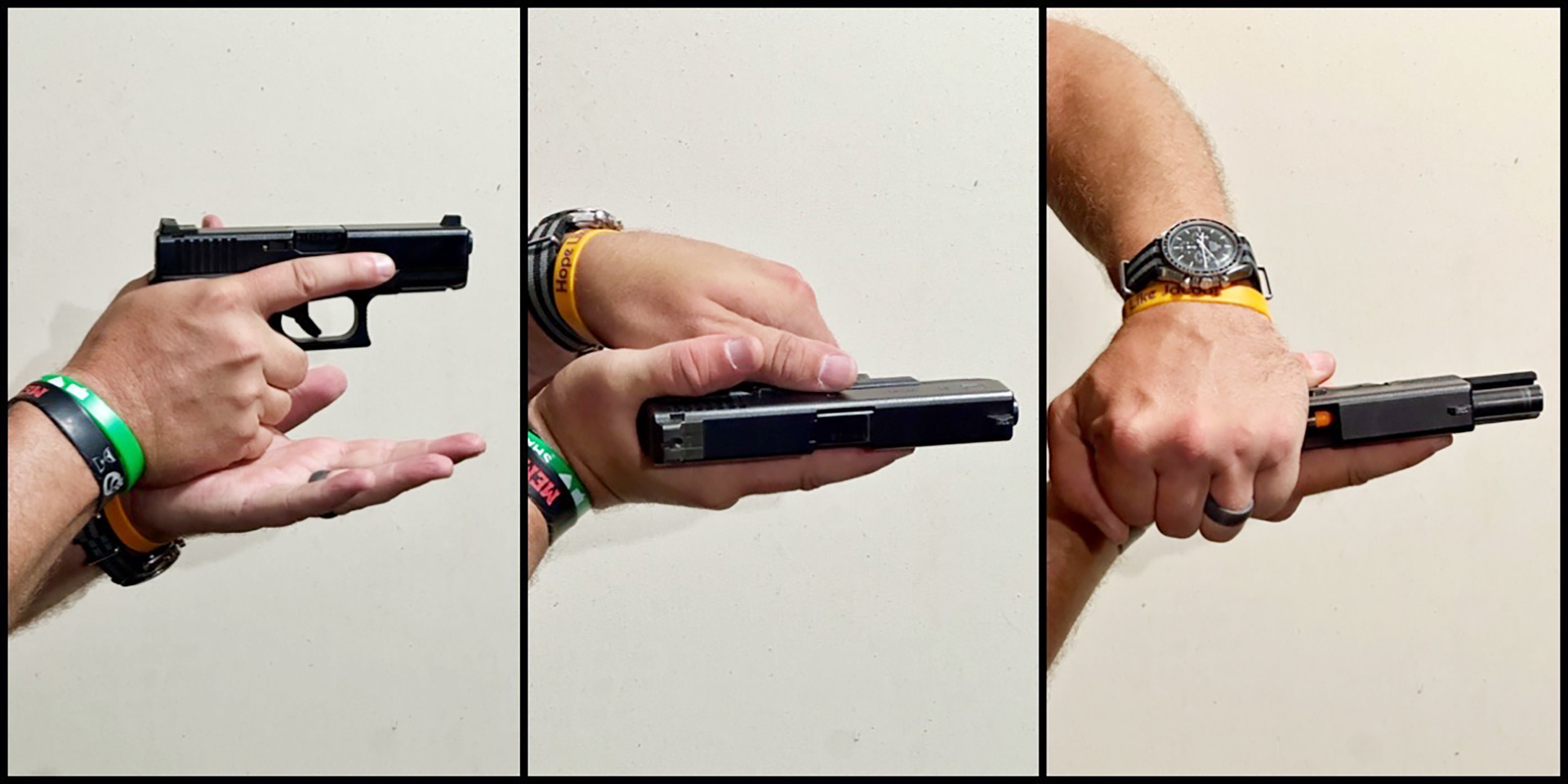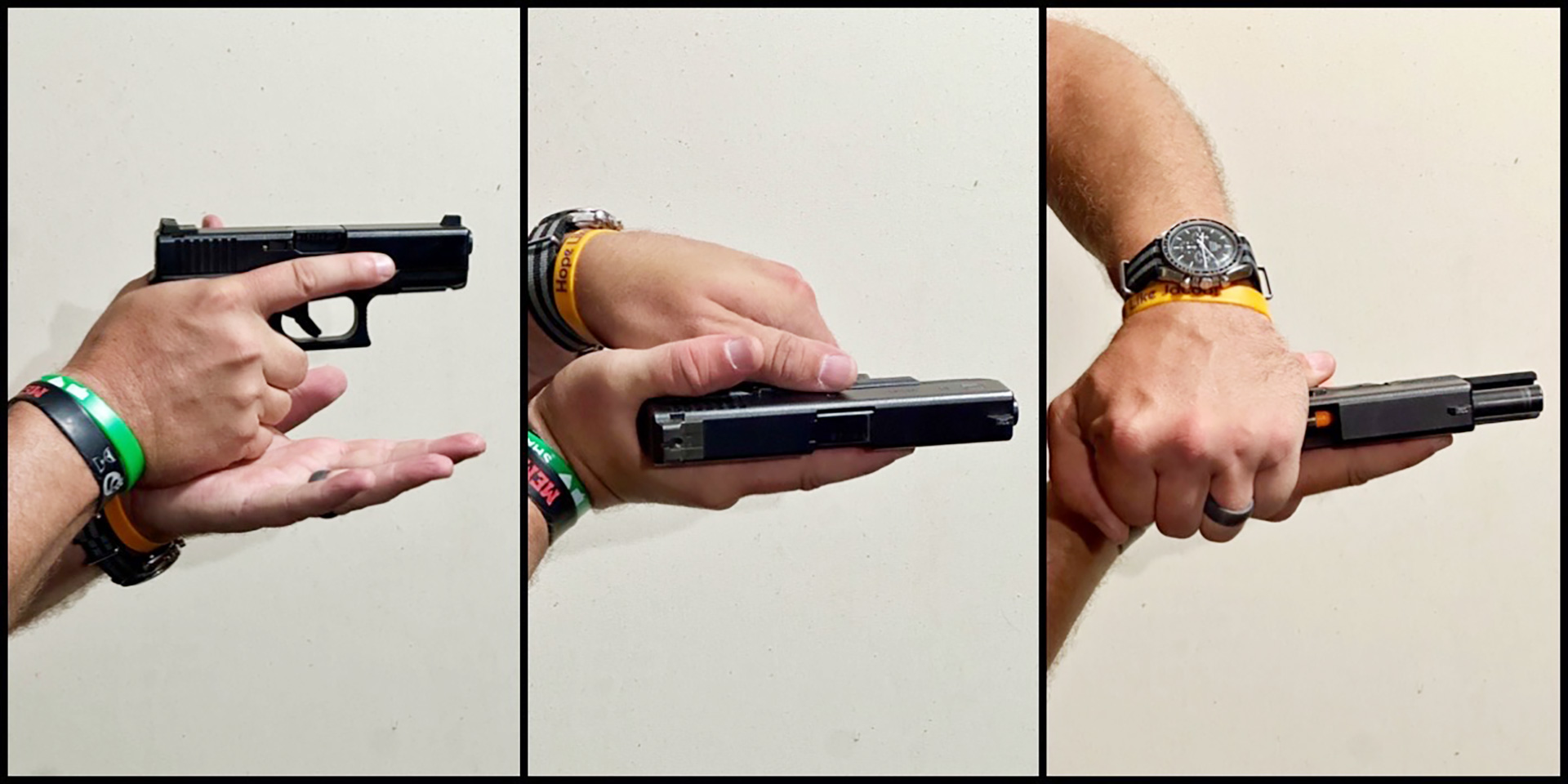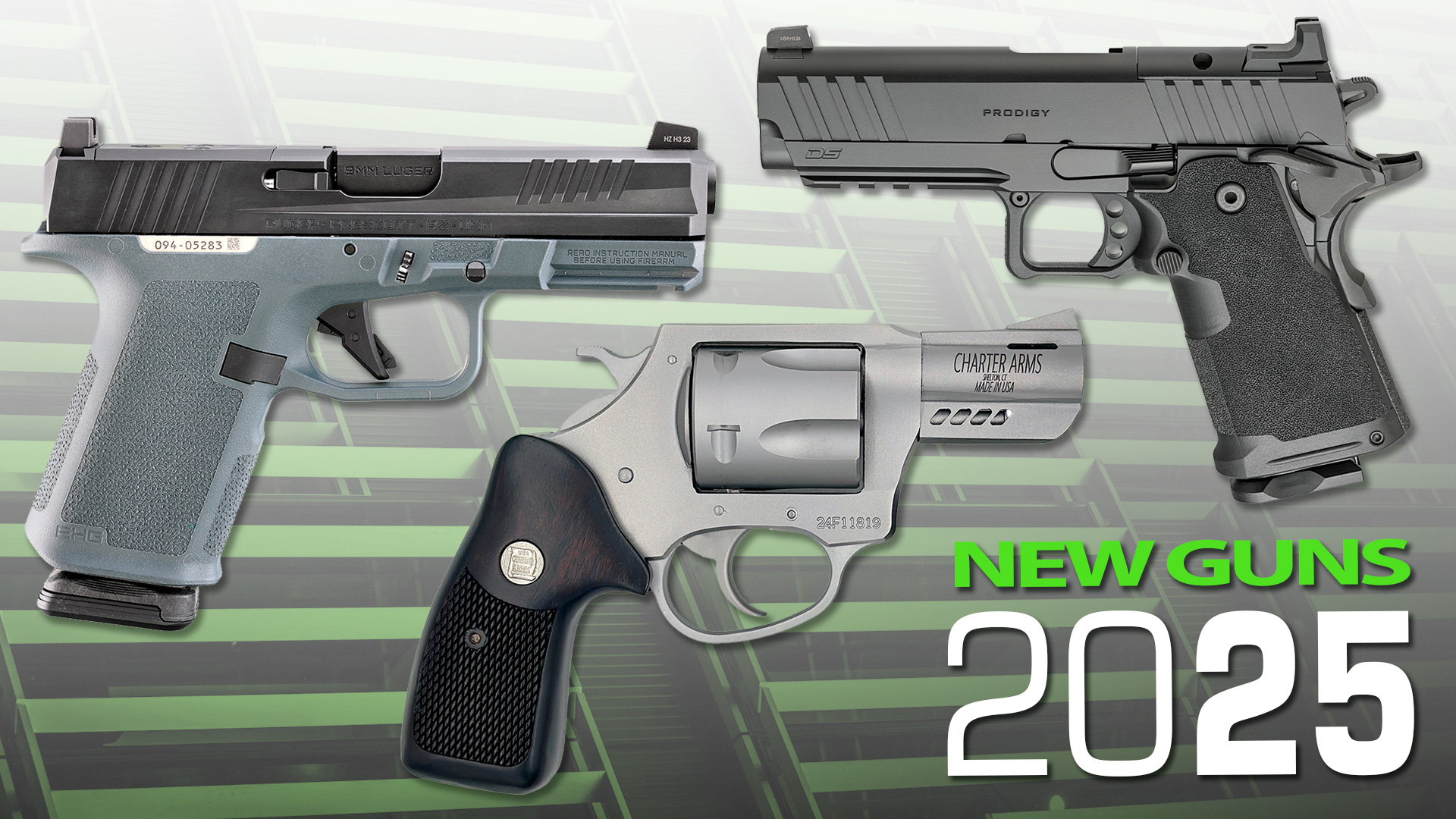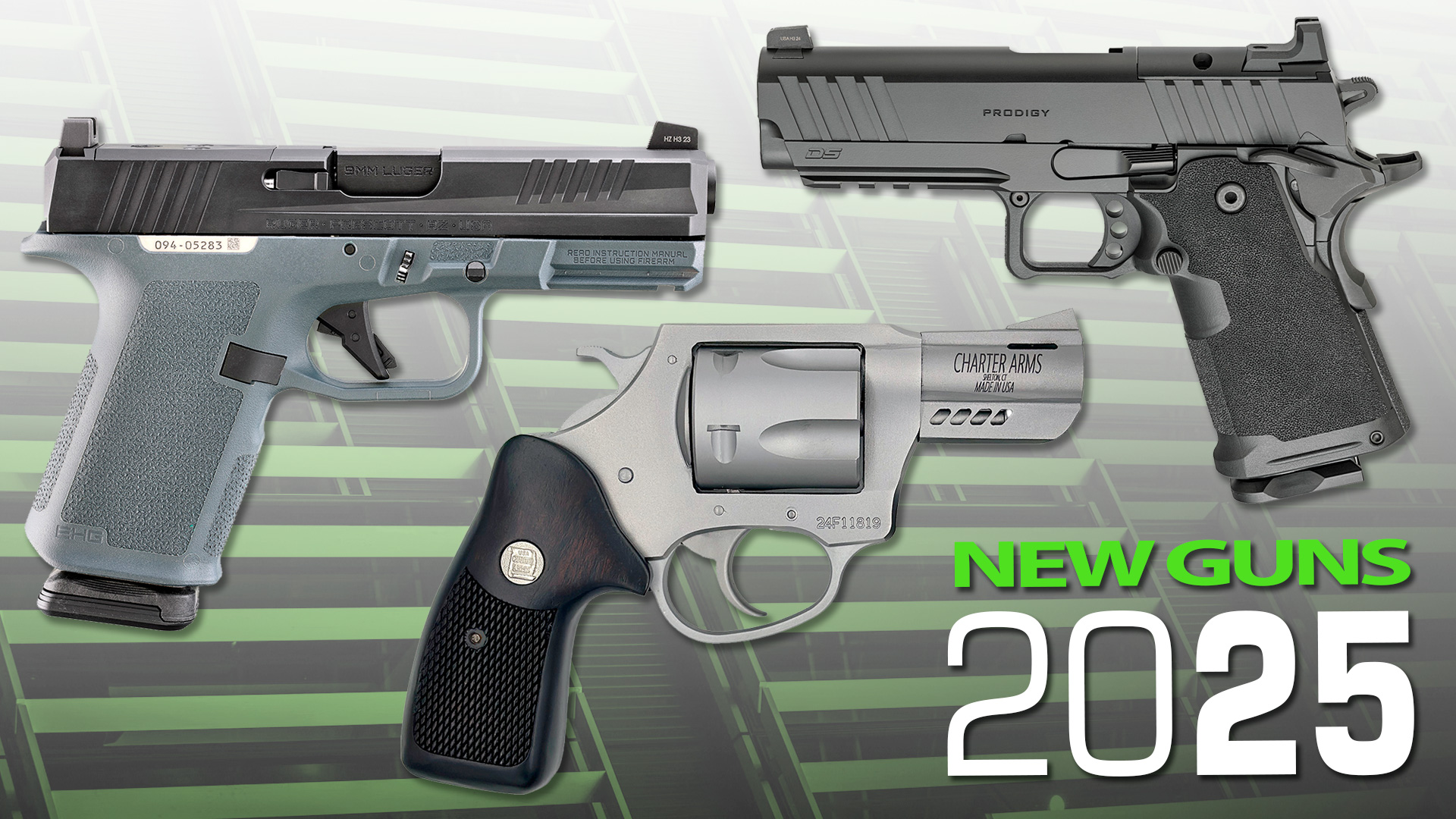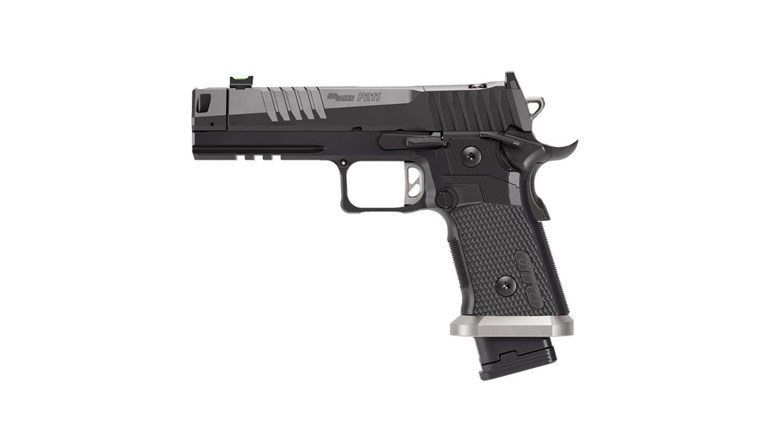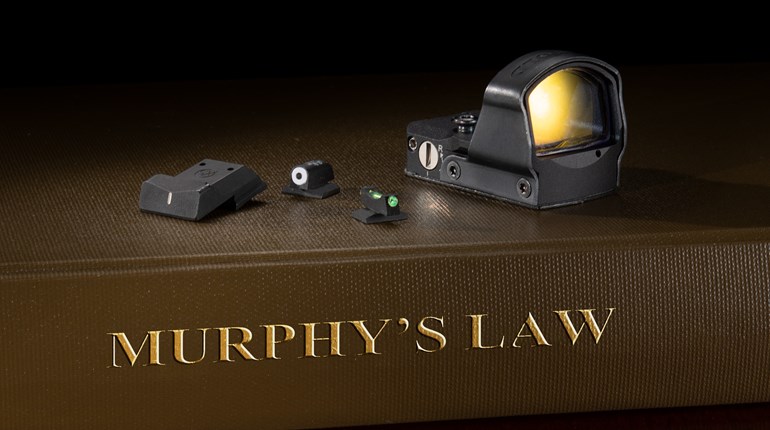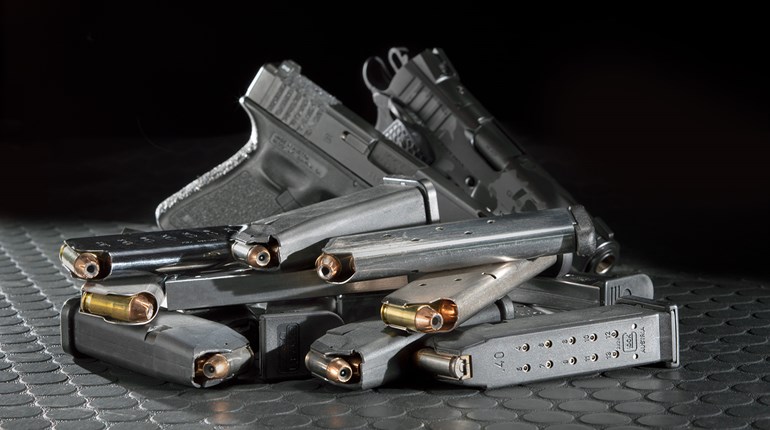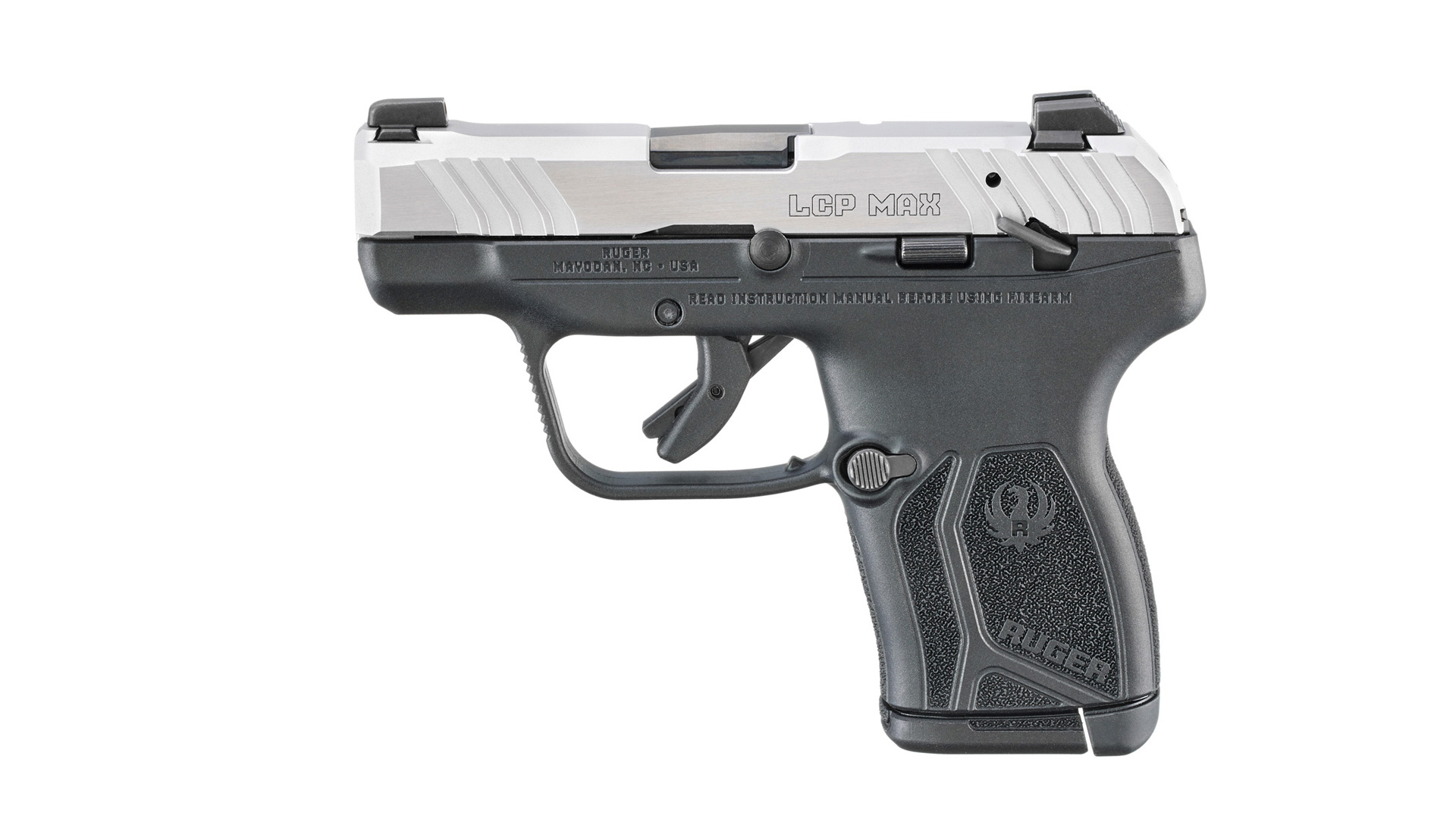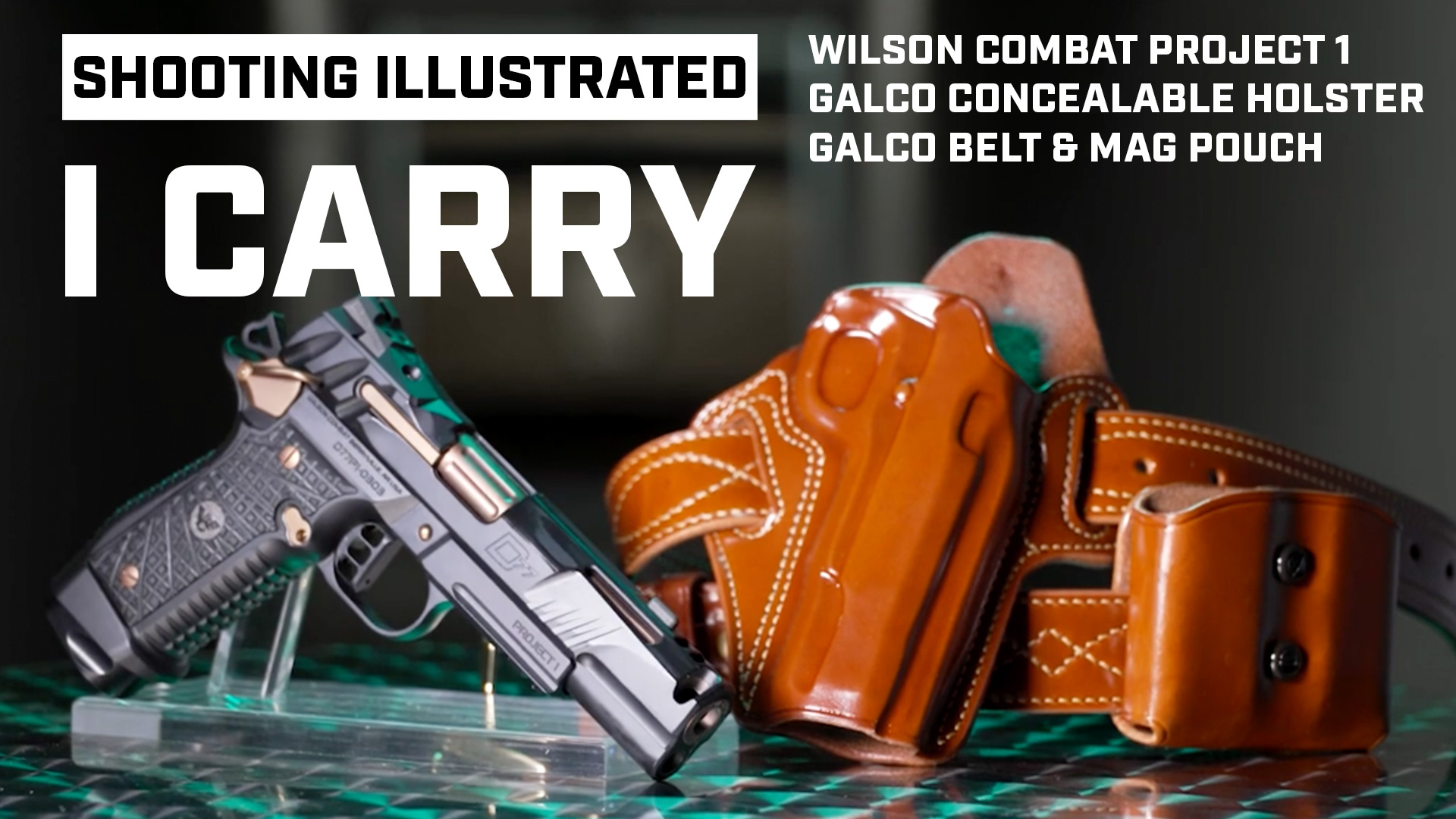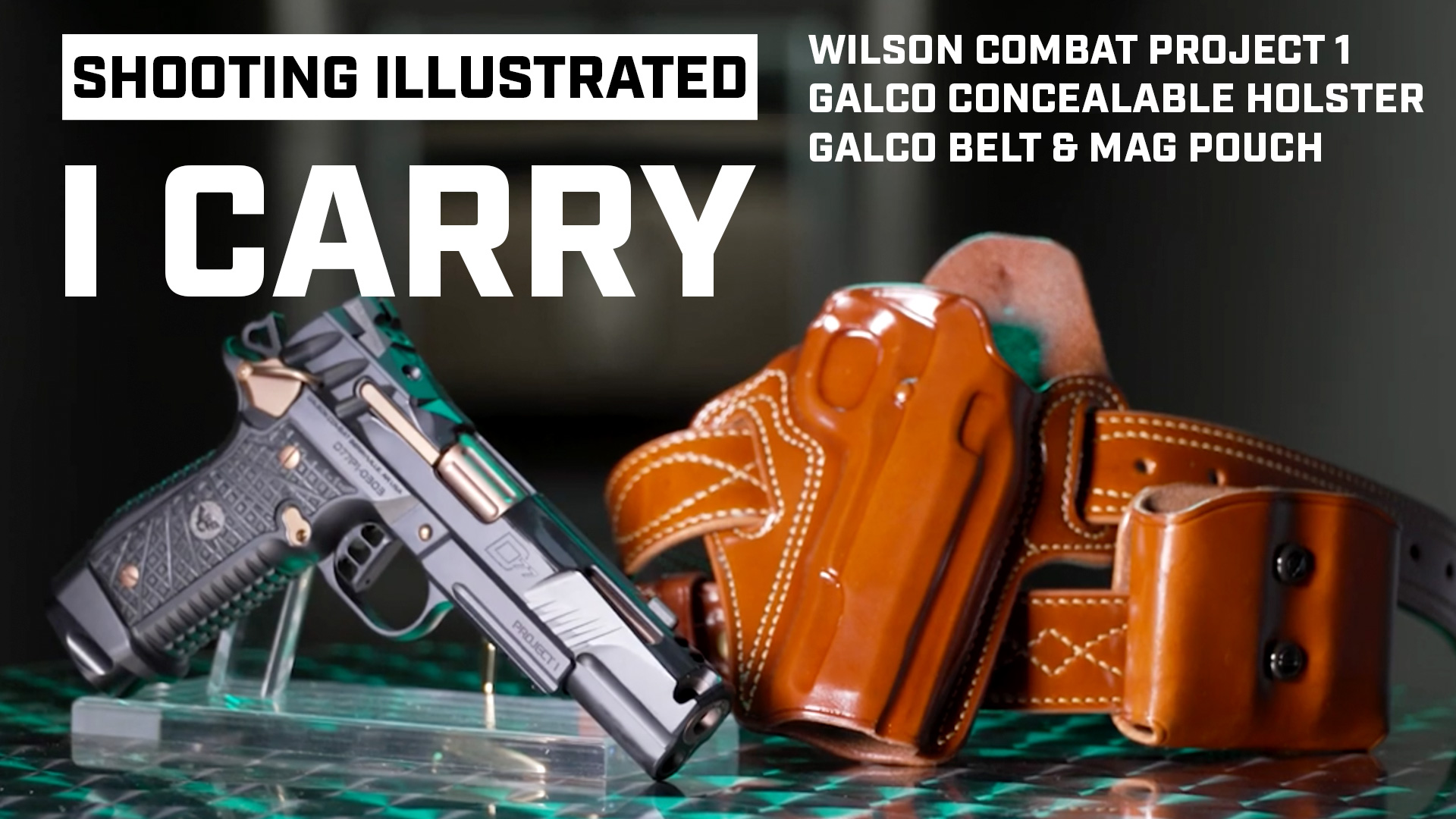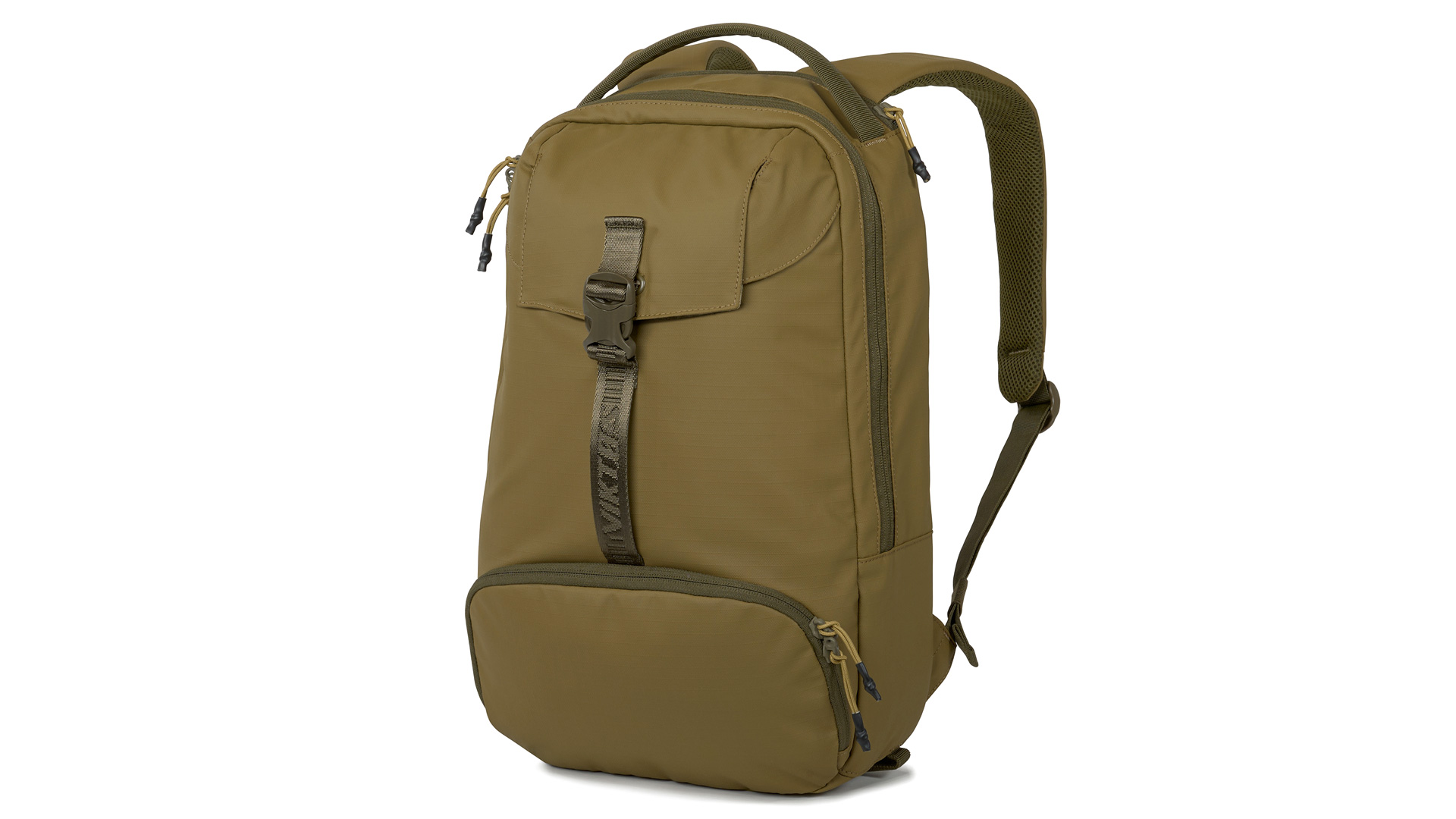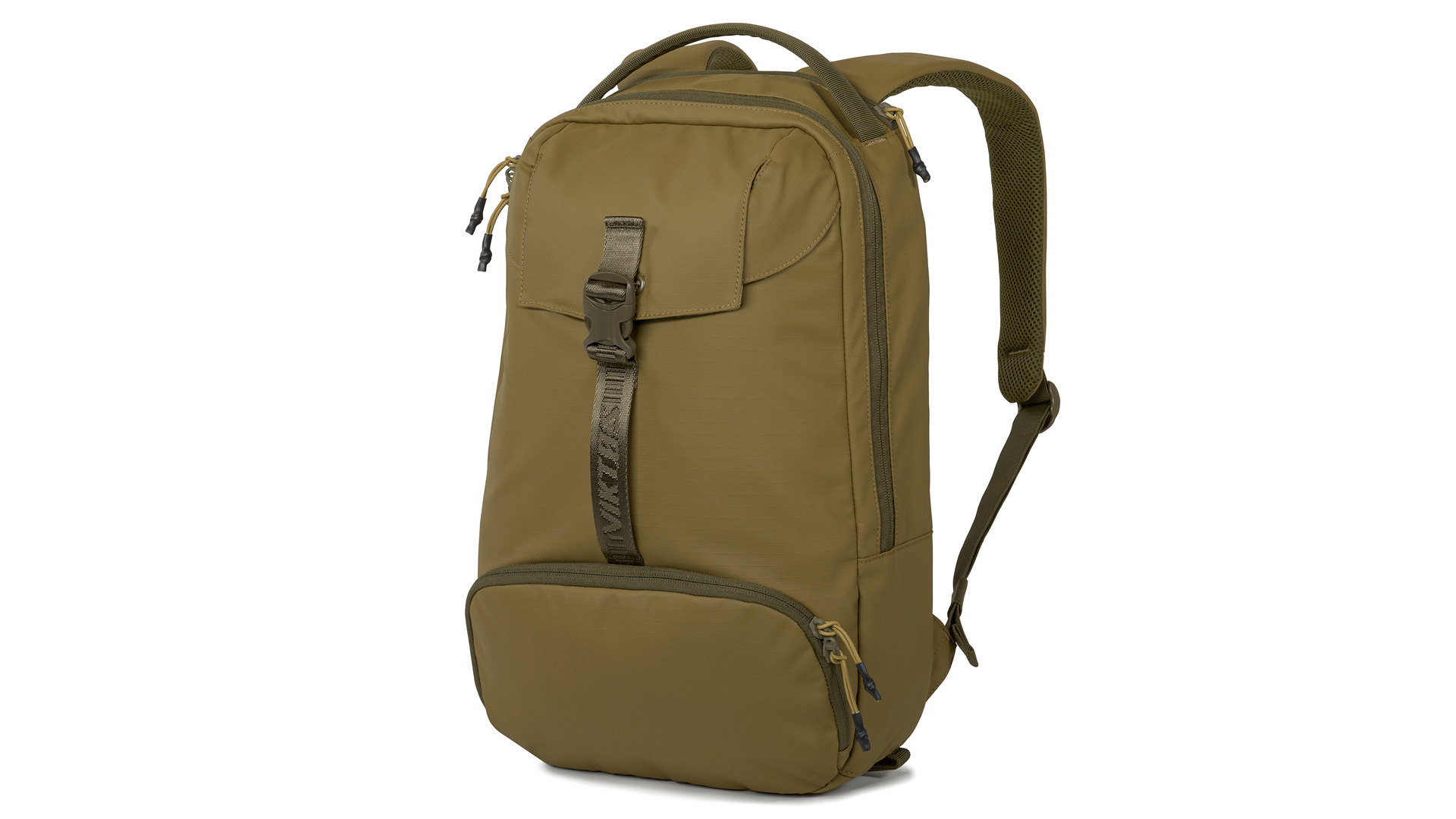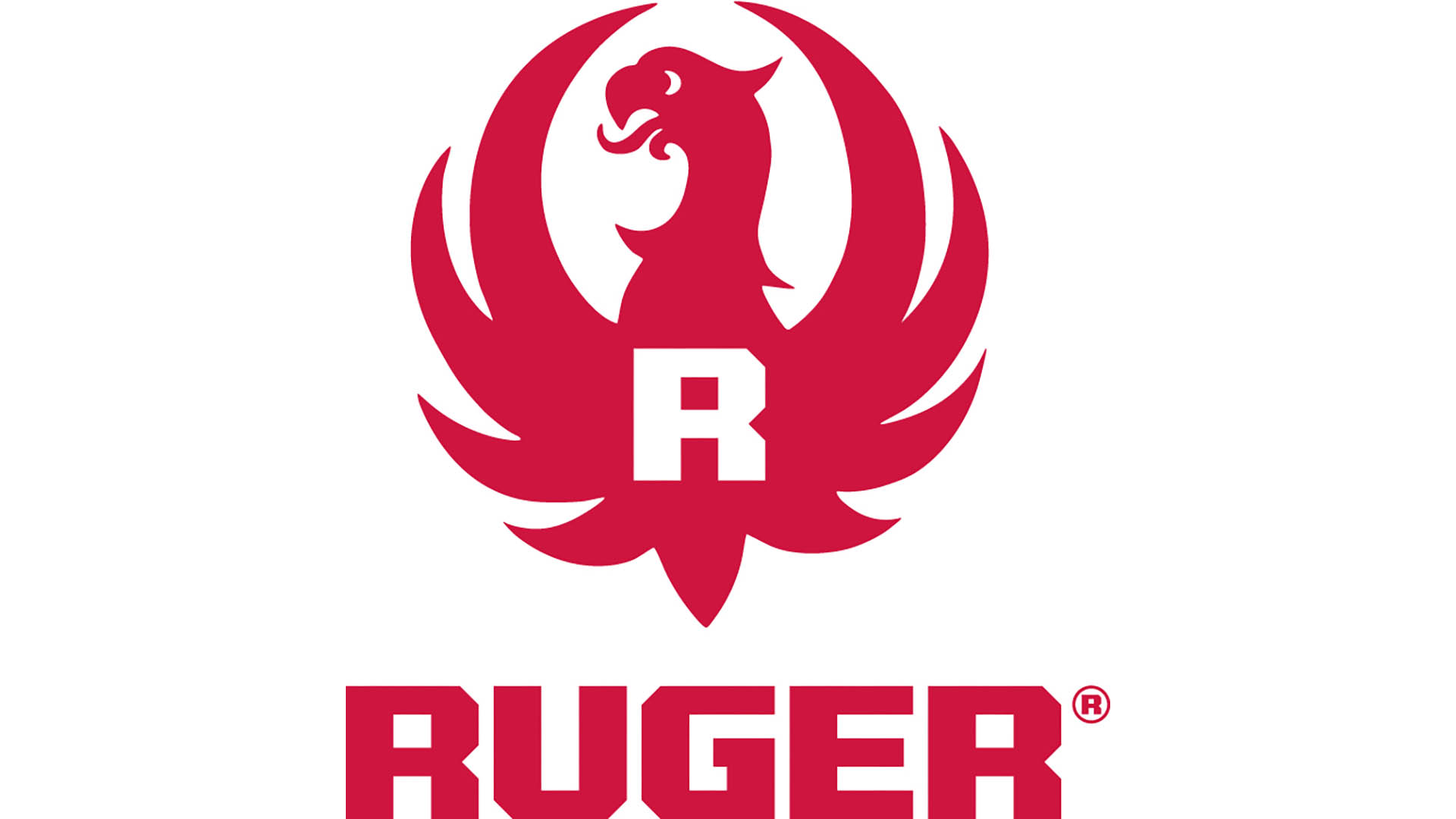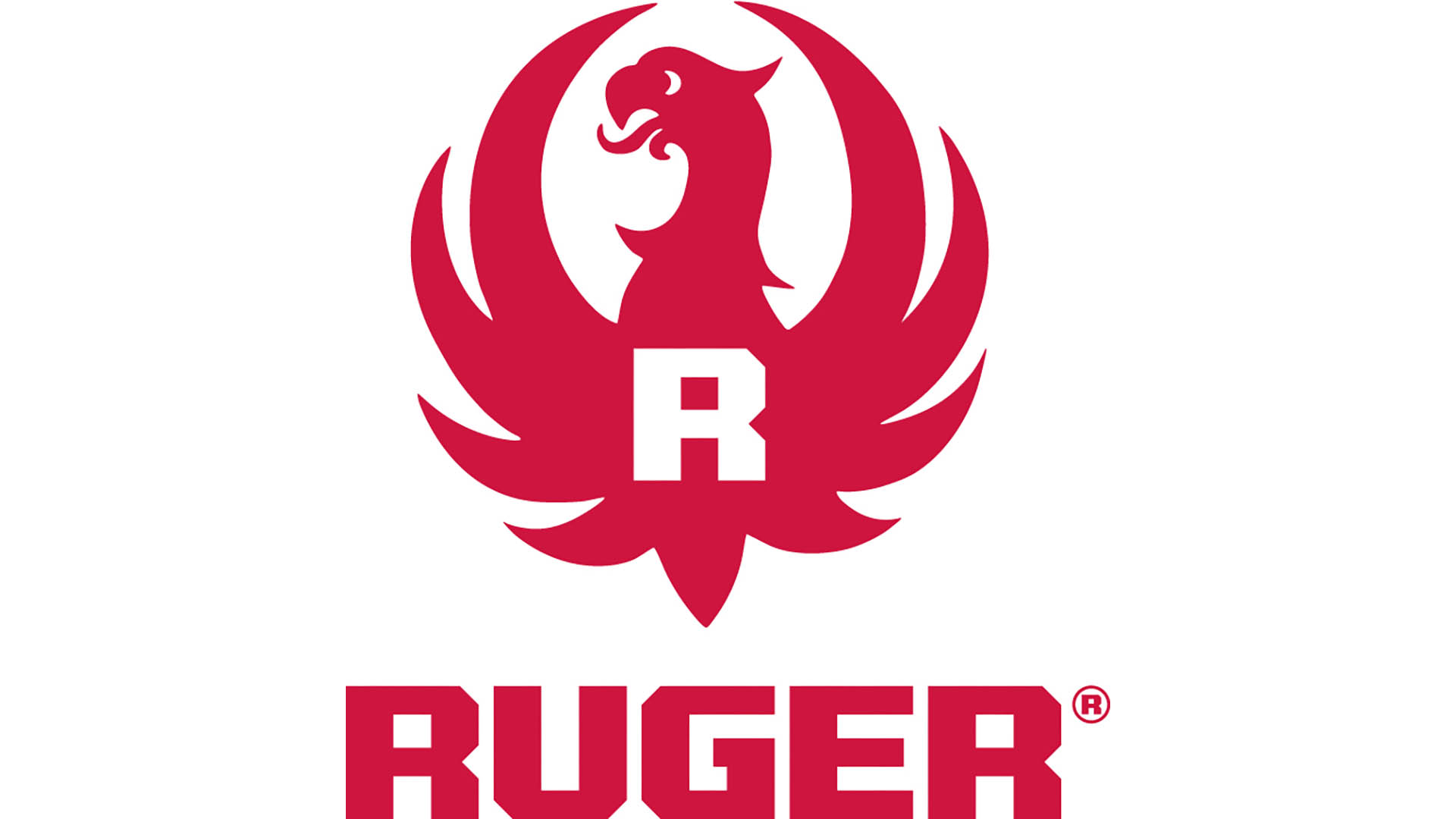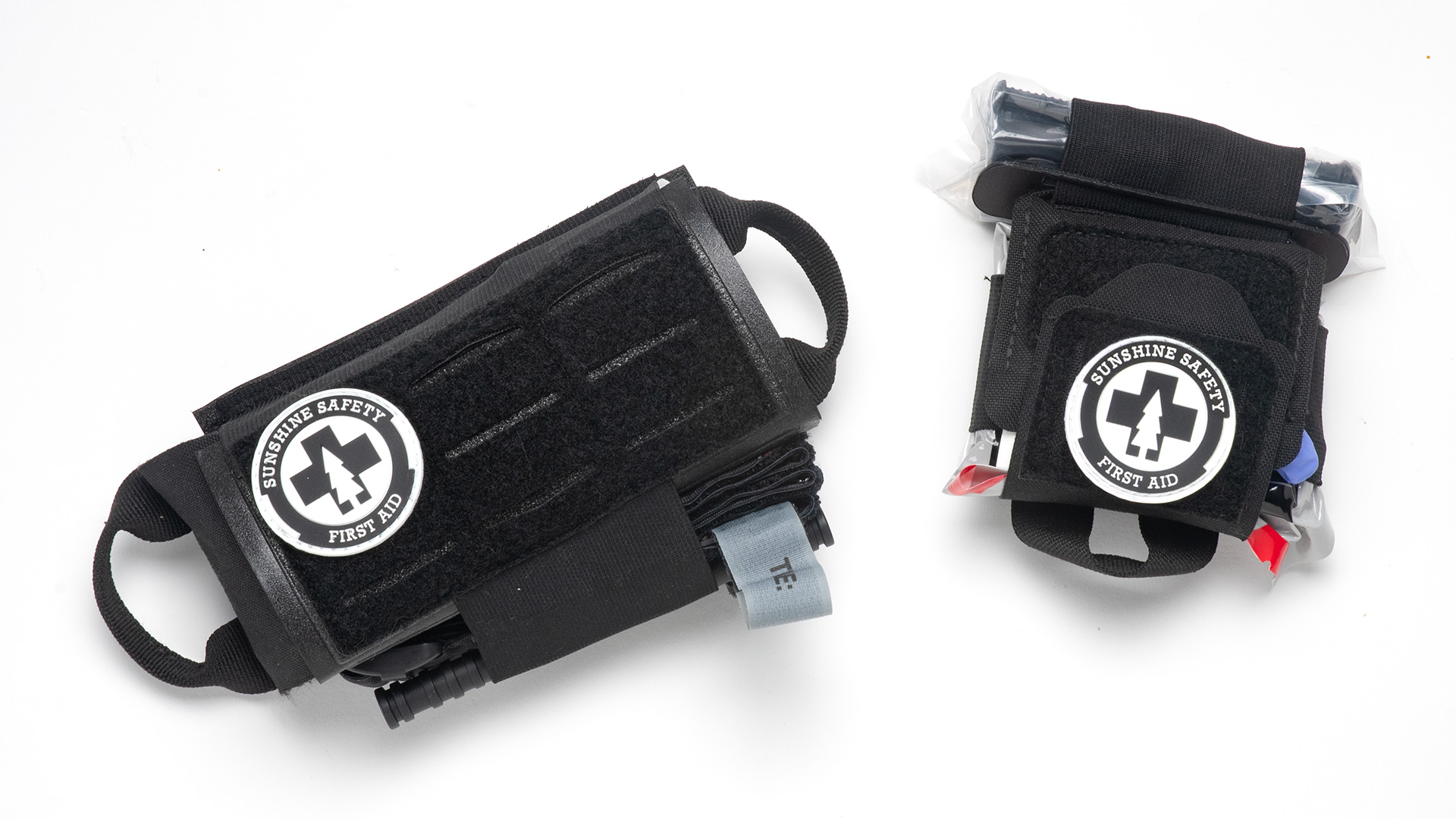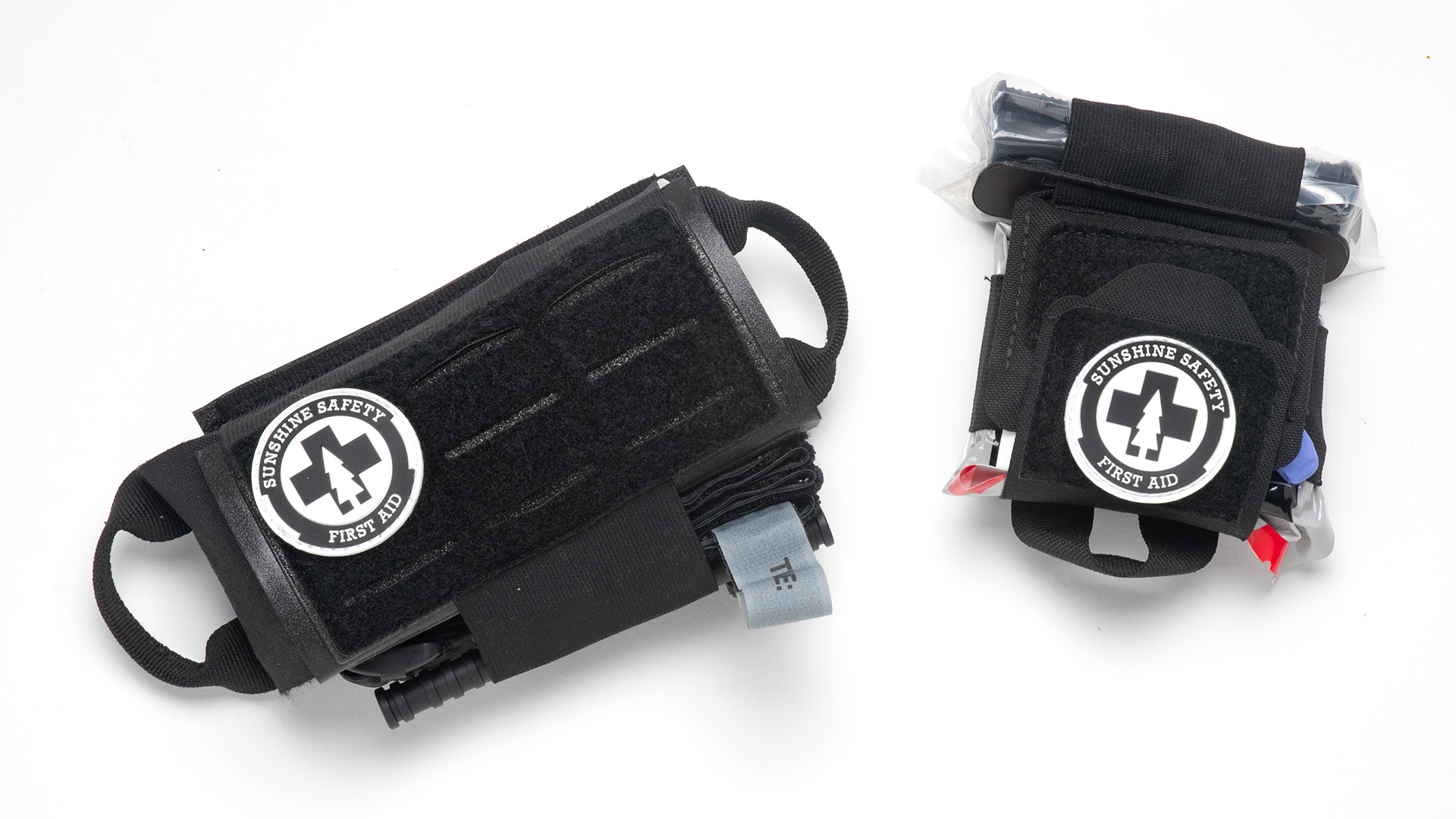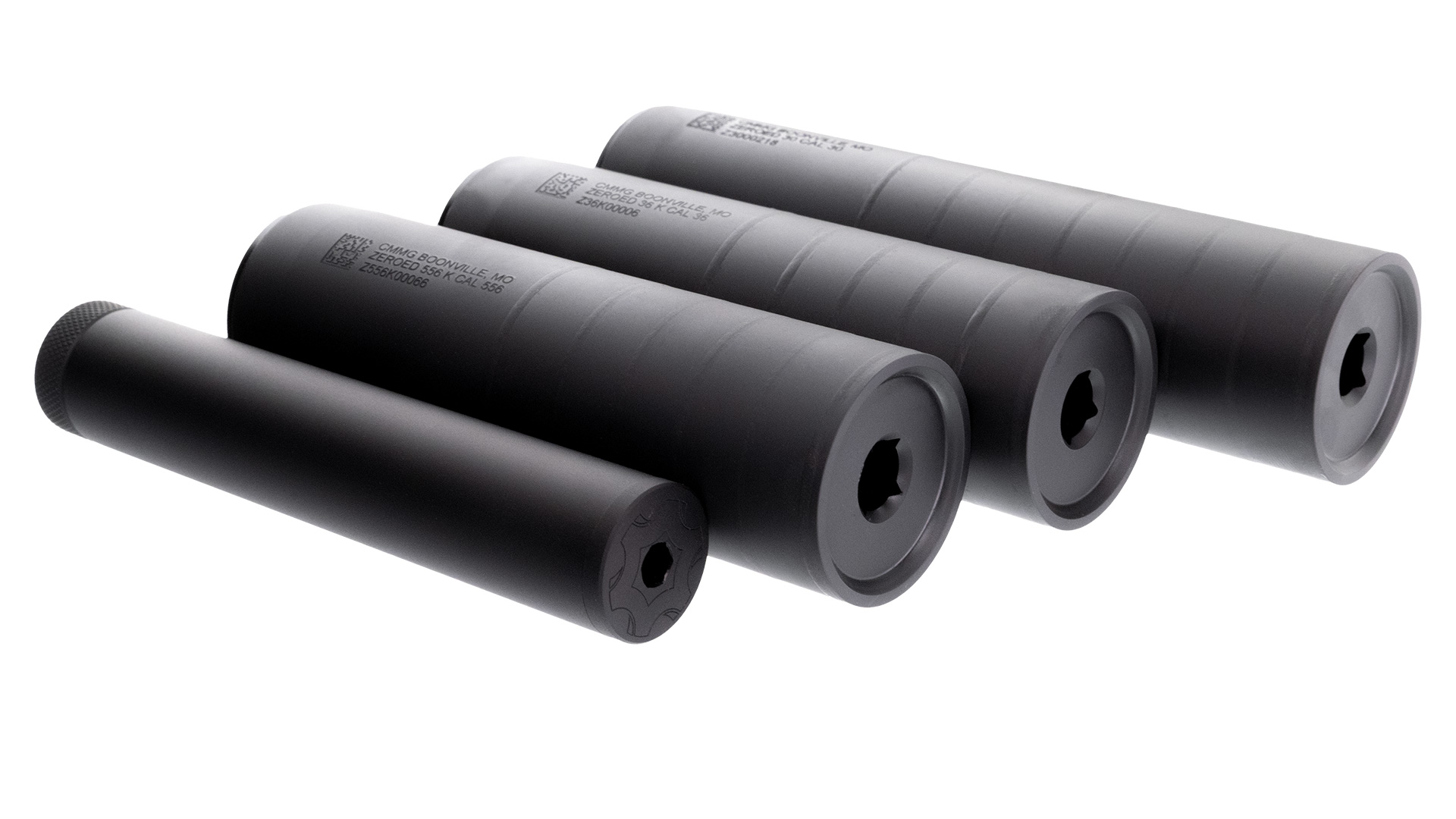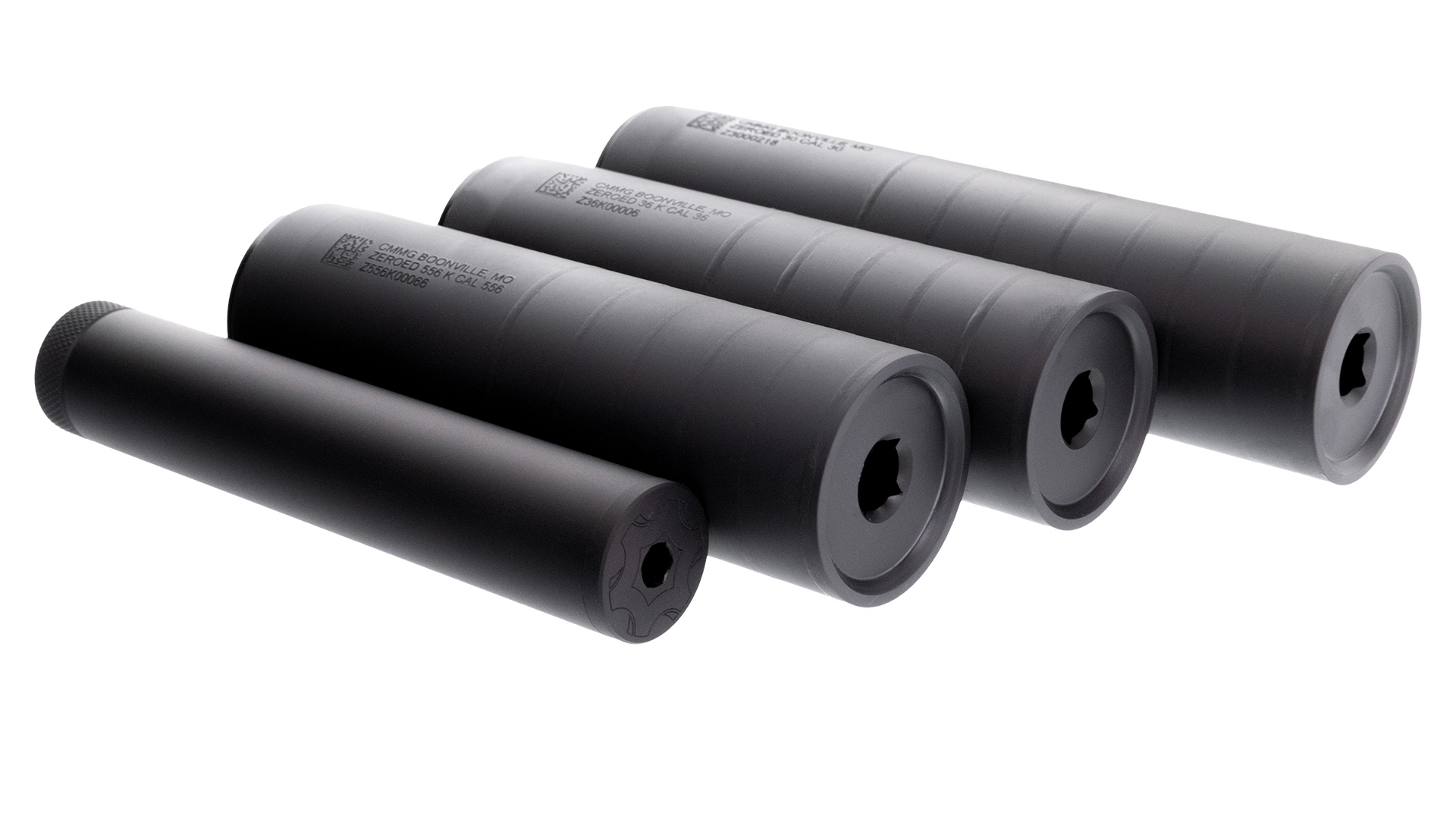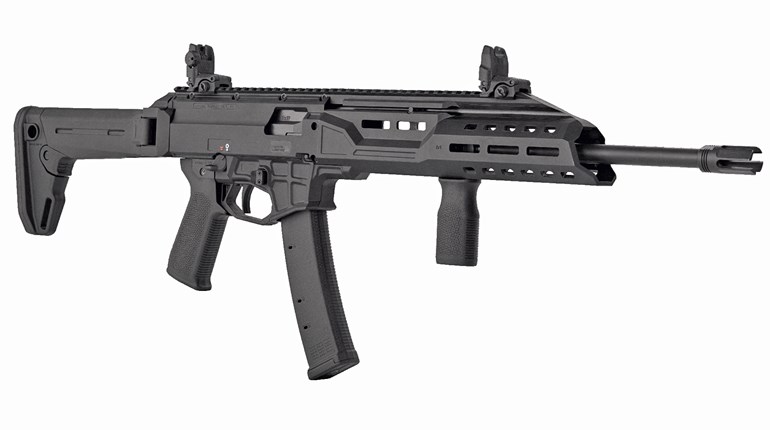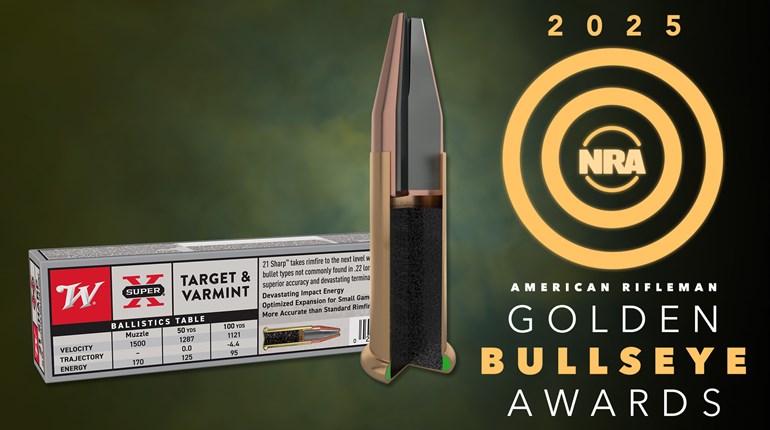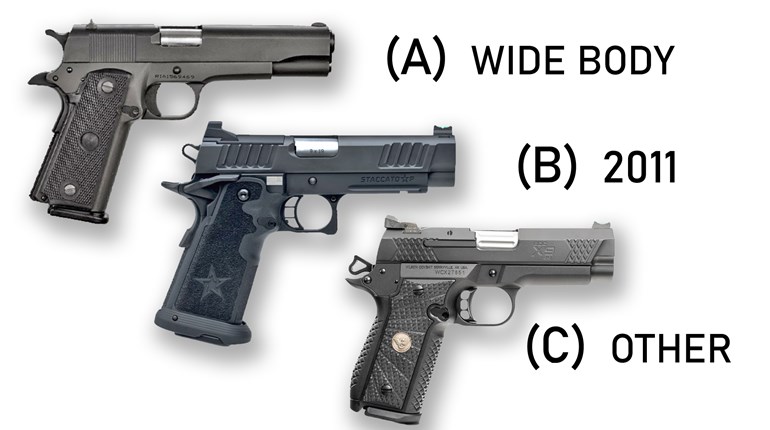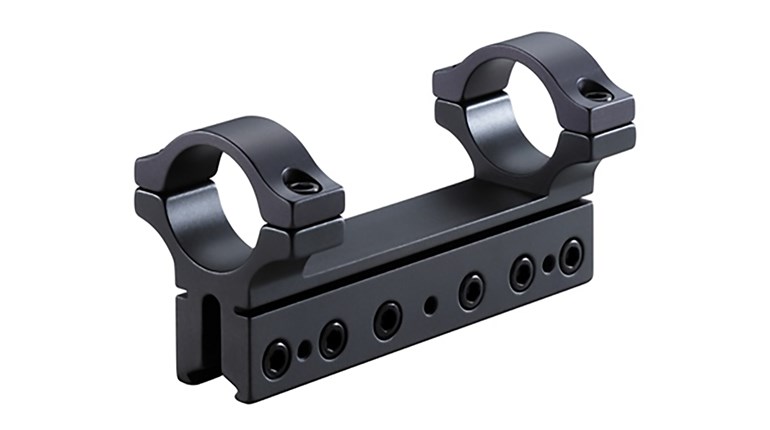
Though fine craftsmanship can elevate a firearm to a level bordering on art, it is still a tool and, as such, merits being used as intended, not merely consigned to a display case.
Way back in the Dark Ages—well, OK, it wasn’t actually the Dark Ages, it was more like 2008—I attended a Tactical Handgun I class from the late, great firearm trainer Louis Awerbuck.
My shootin’ buddy, who had arranged for me to attend the class, was shooting his newest Les Baer Thunder Ranch Special. Mind you, he had a couple other identical Baers, but he was an adherent of the philosophy that if one is none, two is some and three is probably getting close to adequate. So, this class was basically a shakedown cruise for the backup pistol to his spare pistol.
Because this new pistol was so pristine for a gun with such a belligerent design philosophy (this was a fighting 1911, after all), I gently teased him about the new-in-box appearance of what I called his “Minnie Pearl gun.” For those too young to know who Minnie Pearl was, a group which would include me were it not for the magic of syndicated television reruns, she was a comedian best known for her appearances on the show “Hee-Haw,” where her signature item of apparel was an ornately decorated formal hat with the price tag still hanging off it.
The tension between collectors and shooters is rarely more apparent than in the upper-price tiers of the handgun market. During my time behind the counter in gun shops, I’ve known plenty of repeat customers who were avid enthusiasts for every new, special-edition Kimber 1911 or revolver from the Smith & Wesson Performance Center. For those customers it was important to let them be the one to open the box—if anyone was going to get a first fingerprint on their new blaster, it was going to be them.
For the gun-as-investment crowd, this makes a certain amount of sense. Many of these pieces would never have the trigger tags removed. They’d be taken home and set in a safe and presumably sold again many years down the road, proudly boasting “factory box and docs, no turn ring on the cylinder!”
Where it always seemed confusing to me was when that viewpoint bumped up against the types of firearms explicitly designed for hard use. Take the Springfield Armory TRP, or its even more expensive Custom Shop cousin, the Professional, as an example.
I have a PC9111 Professional model that I carried as my regular CCW blaster for years. It’s seen tens of thousands of rounds, been to several classes, was carried and sweated on, drawn and reholstered, bumped off door jambs in gun shops—and it looks it. The Birdsong Black T finish is worn shiny on the edges and the beavertail grip safety. The 20-lpi checkering on the frontstrap has a ding where someone wearing a heavy ring fired it. It’s not battered by any means, but it’s rather obviously been around the block a few times.
I’ve had people actually react in horror at its appearance, though. The Pro is an expensive pistol and hard to come by. Back when I purchased mine, the waiting list was long, and I only lucked into it when someone traded it in used at the shop where I was then working.
I started carrying it because it was designed to be carried—literally. The Professional model was developed at the behest of the FBI to be carried by SWAT-qualified agents. Having people become aghast at the marks of honest wear on a pistol like that seems as unusual to me as hearing “Don’t hit nails with that nice hammer! You’ll get scuff marks on the hammer head!”
With handguns like the CQB from Wilson Combat or the Kobra Carry from Ed Brown, the clue to the in- tended use is found right in the name. They’re treated with advanced surface coatings or built from stainless steel to inhibit rust and wear so they can be carried and used.
Admittedly, sometimes the manufacturers themselves can muddy the waters. When Clint Smith approached Smith & Wesson and talked the company into building the original Model 21-4 Thunder Ranch Special revolver, he was envisioning the ideal big-bore totin’ wheelgun: a 4-inch tapered-barrel, fixed-sight, round-butt .44 Spl. N-frame. Smith built the gun and then put a gold Thunder Ranch logo on the sideplate and shipped the revolvers along with a glass-topped hardwood display case.
In light of the mixed message that package conveyed, it’s perhaps unsurprising that there was some flinching when I unboxed the example I had preordered and almost immediately shoved it in a Comp-Tac Kydex inside-the-waistband holster to test the fit. It sure seemed like a good idea for a carry revolver to me. Holster wear and a very visible turn ring on the cylinder may not do anything for resale value, but it wasn’t purchased to be sold—it was bought to be shot.
I don’t begrudge people doing what they will with their own stuff. Nobody has appointed me to be the fun police. I will, however, admit to being a little sad on the inside when I see a pistol with a name like the “Colt Custom Carry” doesn’t get carried or a “Vickers Tactical Master Class” Springfield doesn’t get taken to any shooting classes.
As far as I’m concerned, there’s not a thing wrong with some honest wear on a high-quality tool.
